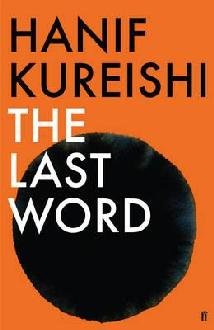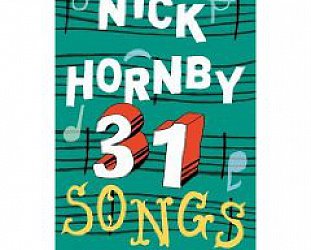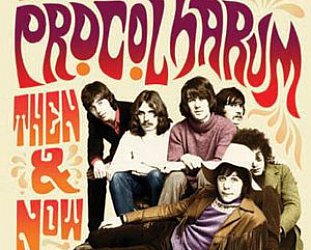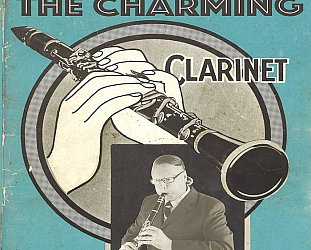Graham Reid | | 2 min read

Consider the plight of a hard-pressed writer commissioned to do the biography of an old, famous living author.
Then think how much more difficult it would be if the manipulative author has invited the commission to confirm his legacy and status, his young wife is controlling to ensure an income after her husband's death, and the publisher wants plenty of scandal (which is there) to ensure sales.
It is in this increasingly volatile vortex of competing agendas the British writer Harry Johnson finds himself when given the task of living with and researching the life of Indian-born Mamoon Azam, a famed post-colonial novelist, essayist and interviewer whose sexuality and politics are convoluted.
Harry's bullish and boozy publisher Rob Deveraux describes the relationship between Mamoon and his younger wife Liana “as if Gandhi had married Shirley Bassey and they'd gone to live in Ambridge”.
If only it were that simple. In truth their relationship is far more complex (author Kureishi seems to have had V.S. Naipaul in mind) and by being embedded with them Harry is drawn into a web of lies, deceit, mind games and sexual tension.
However Harry is hardly a sympathetic character so it is hard to empathise with his situation, especially when he starts a loveless affair with a young woman who works in the house while his partner is back in London.
As a book about writers, relationships and sexual politics, The Last Word is not without interest and the skilled Kureishi is quick to fill these pages with literary quips, bon mots and even more mal mots.
Azam -- a nasty, vindictive and throughly detestable cricket-lover who has burned up relationships -- gets to deliver withering assessments of other writers: On E.M. Forster; “An almost-man who claimed to hate colonialism, using the Third World as his brothel because he wouldn't get arrested there, as he would showing off his penis in a Chiswick toilet”.
And on Orwell; “Do they still take him seriously in this country? His books are for children, or rather for children who have the misfortune to be studying him . . . no adult apart from a teacher would bother with one of his novels”.
And so it goes, commentary and aphorisms pile up. “A writer is loved by strangers and hated by his family,” says Mamoon, and if that is true his life is evidence as to why.
Publisher Deveraux also gets in some good lines, notably encouraging Harry by telling him if this last-chance book fails he could end up teaching creative writing or “being lost forever in a dark forest of uncompleted first novels that requite your total attention”.
For those who love reading, especially reading between the lines about writers and writing, all this is amusing but The Last Word – much of which is dialogue that is crushingly mundane as often as it crackles with electric tension and cynicism – conspicuously fails to deliver much more than drag its characters and readers into a world of increasingly difficult relationships which strain for effect.
Old Mamoon – less frail and put-upon than he sometimes appears, but a compellingly awful character -- always has the upper hand . . . so when the twist at the end comes it is hardly a surprise.
The telegraphing has been there in a sometimes smug novel of studied, self-referential wit which – although shining a light on the difficult art of biography and the writing life – seems more pleased with itself than it has a right to be.





post a comment